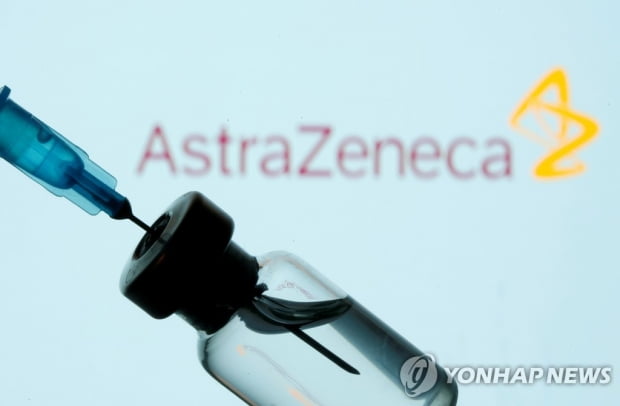AstraZeneca and Corona 19 vaccine development… Experts “lack of transparency”

The University of Oxford, UK, which developed AstraZeneca’s new coronavirus infection (Corona 19) vaccine, did not inform clinical trial participants of the incorrect dose of the vaccine, Reuters reported on the 1st (local time).
In a letter sent to the participants in the name of Professor Andrew Pollard of Oxford University, who oversees the test on June 8 last year, the researchers informed that the corona 19 immunity effect was different depending on the dose of the vaccine, but there was no mention that there was a mistake by the researchers.
As a result of analyzing the letter obtained by Reuters by three medical ethics experts, it was common to evaluate that the researchers did not transparently disclose information to clinical trial participants.
Professor Arthur Cafflin, who founded the Faculty of Medical Ethics at New York University School of Medicine, said, “It is not clear what needs to be clarified, such as what is happening, what do we know, what grounds for future research, etc.” Pointed out.
Oxford University spokesman Steve Pritchard told Reuters that “the half-dose group was not planned in advance, but we knew in advance that there was a difference in dosage, and we consulted with regulators.”
The vaccine of AstraZeneca-Oxford University was inoculated with only half of the single dose in clinical trials, and a month later, the vaccine was completely supplemented with one dose, resulting in a 90% prevention effect.
However, like other Corona 19 vaccines, when the full dose was normally administered twice, the effect fell to 62%.
Regarding this, AstraZeneca said, “I was lucky to get half of the dose,” saying, “It was only half the dose, although it tried to administer the entire dose to all participants.”
The vaccine jointly developed by AstraZeneca and Oxford University, a multinational pharmaceutical company headquartered in London, UK, was first approved in the UK, and approval was also declined in the European Union (EU) and India.
The Korean Ministry of Food and Drug Safety also announced that it can permit approval based on the data submitted by AstraZeneca, subject to analysis of safety and effectiveness and submission of a final clinical result report.
However, there are opinions that it is not reliable as to whether the AstraZeneca-Oxford University vaccine can be vaccinated in the elderly.
The German Vaccination Committee recommends that AstraZeneca vaccination be administered only to adults under the age of 65, and the Italian Medicines Agency (AIFA) recommends that the vaccine be used first to adults aged 18 to 54 years.
French President Emmanuel Macron also said that the AstraZeneca vaccine “is nothing but invalid for people over 65.”
In contrast, the UK Medicines and Health Care Products Authority (MHRA) said there was no evidence that AstraZeneca’s vaccine was less effective for people over 65.
/yunhap news
